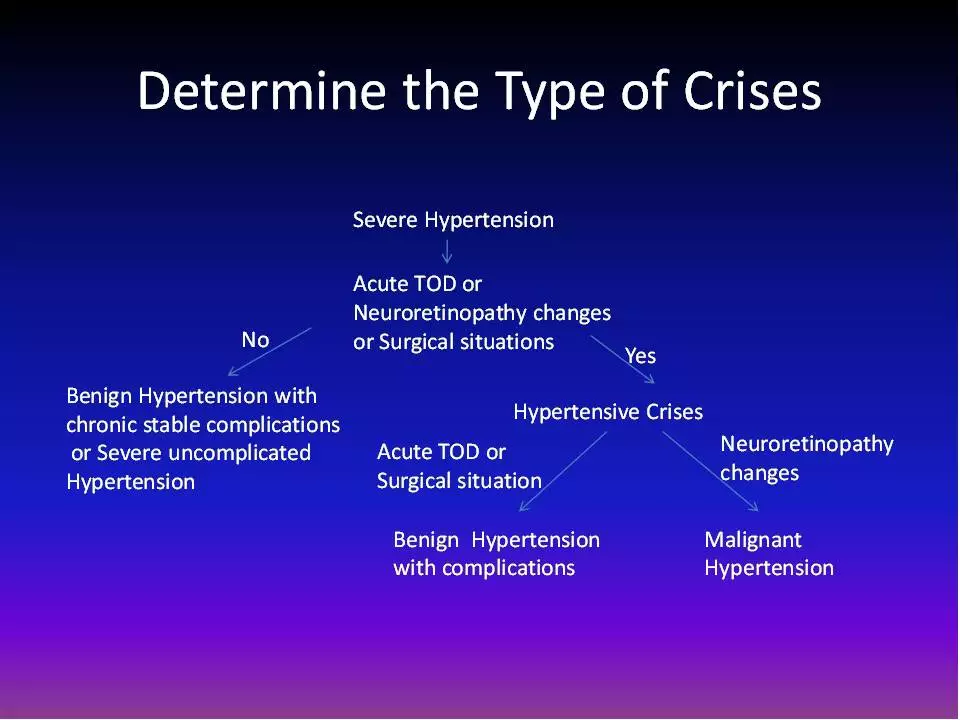Lisinopril-HCTZ: What It Is and How to Use It Safely
Looking for a straightforward way to manage high blood pressure? Lisinopril‑HCTZ is a fixed‑dose combo pill that pairs an ACE inhibitor (lisinopril) with a thiazide diuretic (hydrochlorothiazide, HCTZ). The two drugs work together: lisinopril relaxes blood vessels, while HCTZ helps your body get rid of extra salt and water. Together they often lower blood pressure more reliably than either drug alone.
Common tablet strengths you’ll see are 10/12.5 mg, 20/12.5 mg, and 20/25 mg (lisinopril/HCTZ). Your doctor will pick the dose based on your current BP, other meds, and medical history. Don’t change dose or stop the pill without checking with your prescriber—blood pressure can rebound quickly if you quit suddenly.
Common Side Effects and When to Call Your Doctor
Most people tolerate the combo, but watch for these common effects: dizziness (especially when standing up), more frequent urination, headache, and mild lightheadedness. A dry cough is linked to the ACE inhibitor; if it becomes bothersome, tell your doctor. HCTZ can change blood sugar and cholesterol a bit, and it can affect electrolytes—usually potassium and sodium—so labs matter.
Seek immediate help for swelling of the face, lips, tongue, or throat (angioedema), severe dizziness, fainting, or signs of very low urine output. Those can be signs of serious reactions or big drops in blood pressure or kidney problems.
Practical Safety Tips, Interactions & Monitoring
Before you start, tell your provider about: pregnancy or plans to become pregnant (don’t take ACE inhibitors during pregnancy), a history of angioedema, kidney disease, or if you’re on potassium supplements or salt substitutes (they can raise potassium). Also mention NSAIDs—taking ibuprofen regularly can blunt BP control and increase kidney risk when combined with these meds.
Get baseline blood tests (kidney function and electrolytes) and repeat them after starting or changing dose. Check your blood pressure regularly at home. If you feel lightheaded when standing, sit or lie down until it passes and report it.
Timing tip: take your dose in the morning so HCTZ’s diuretic effect doesn’t wake you at night. Stay hydrated but avoid sudden large alcohol intake—alcohol can increase dizziness and lower blood pressure too much.
Buying meds online? Use only licensed pharmacies that require a prescription and show clear contact info. If a site sells prescription drugs with no prescription, avoid it. Keep all your medication in the original bottle and bring a list of drugs to appointments to check for interactions.
If your blood pressure isn’t controlled or you get side effects, there are alternatives. Talk openly with your prescriber about switching doses, trying a different combination, or adding lifestyle changes like diet, sodium reduction, and exercise. Small, steady steps often make the biggest difference.

The Role of Lisinopril-HCTZ in Treating Hypertensive Crisis
- 8 Comments
- May, 9 2023
As a blogger, I recently researched the role of Lisinopril-HCTZ in treating hypertensive crisis. I discovered that this medication is a combination of an angiotensin-converting enzyme (ACE) inhibitor, Lisinopril, and a diuretic, hydrochlorothiazide (HCTZ), which work together to lower blood pressure. It is particularly effective in cases of hypertensive crisis, as it addresses both fluid retention and constriction of blood vessels. Additionally, its dual-action mechanism allows for a lower dosage of each component, reducing potential side effects. Overall, Lisinopril-HCTZ has proven to be a reliable and efficient option in managing hypertensive crisis.




